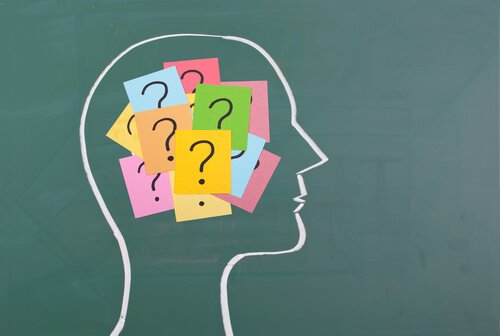The psychology of testimony is the set of knowledge and research with which it seeks to ensure the quality of the accounts provided by eyewitnesses, and many authors have made contributions in this area, so little known as relevant in the judicial and forensic field.
Memory betrays us. Its content, memories, are far from a faithful reconstruction of reality, when we say something we say it differently each time, in fact forensic psychology requires that witnesses do not tell anyone the facts, so as not to contaminate memories. It is curious to know how our mind works and, in particular, the memory of witnesses. Can we really remember something that happened?
- Elisabeth Loftus.
- Mathematician and psychologist specialized in this field.
- Ensures that memory can be manipulated and.
- Therefore.
- That it is possible to “induce” false memories by suggestion.
- In particular.
- It considers the memory of witnesses to be a reconstruction.
- For what?.
When someone witnesses a fact, he stores two types of information, on the one hand, which was achieved by witnessing this fact and, on the other hand, what was subsequently provided to you, both are integrated giving rise to the phenomenon of reconstruction. The person can come to remember the details of the event that he did not actually see and, on the contrary, forget others that he pressed.
Why do these reconstructed memories come about, why does the brain hate empty?. – Scott Fraser–
When a person is the subject of an offence or crime, a number of factors must be taken into account, depending on these variants that a memory is considered more or less accurate and therefore more or less valid.
Usually, a person can record only 20% of what they see, in the case of witnesses of an event this percentage decreases further, precisely because they did not expect this event to happen and for its brevity.
In addition, at the moment, there is an effect called “blindness to change”: we are not able to perceive the changes that occur around a person. That’s because we don’t pay attention to it; even if it’s something relevant, don’t you notice the details, you focus on the big one (theft, push, gun?) And we have perception errors that are often key points in the memory of witnesses.
There are several studies that state that what we remember is not only what we live directly, but also memorizes our expectations, that is, the knowledge and content we have acquired from other previous experiences related to the event (Bransford and Franks, 1971).
This memory of what we expected to see is very well explained by Barlett and his reconstructive memory, who in his studies revealed that the reproductions made by readers of his famous tale The War of ghosts had altered the original version. over-simplification, omission of details and detail changes by others.
Witnesses can change the nature of their memories because of what happens after witnessing the crime. In fact, do questions influence witnesses? There’s a lot you remember. As “comfort,” studies tell us that these distortions generally affect peripheral or minor details, so they don’t affect the consequences of testimony as much.
In analyzing the psychology of testimony, children and the elderly have been shown to be more vulnerable to distortions; children are less accurate, while older people are more convinced of YOUR own truth; that is, they rely more on the truth. of his false memories.
It also influences the age of the witness. When it comes to identifying the culprit, the smaller the age difference between the alleged culprit and the witness, the greater the accuracy.
In general, the safety of the witness in identifying the culprit is not a good indicator of the truthfulness of what the witness shows, no more details he reveals, the emotion shown or his capacity for conviction are generally not synonymous with truthfulness.
In general, average activation levels are best suited to accurately remember. If the subject has spikes in anxiety or stress, the ability to remember is reduced.
Similarly, most witnesses confirm that a violent event is recorded more strongly than a nonviolent event. The effect of the weapon’s approach is particularly curious. Witnesses pay so much attention to the attacker’s weapon that their field of view comes down to this. ignoring other details. Violence makes witnesses more aware of the central experience (weapon) and less of peripheral experiences.
Thus, on many occasions, we show a blind faith in our ability to perceive everything that happens around us, however, we are often unable to detect all the changes around us, so our memory is fragile and the psychology of testimony bears witness to this.

